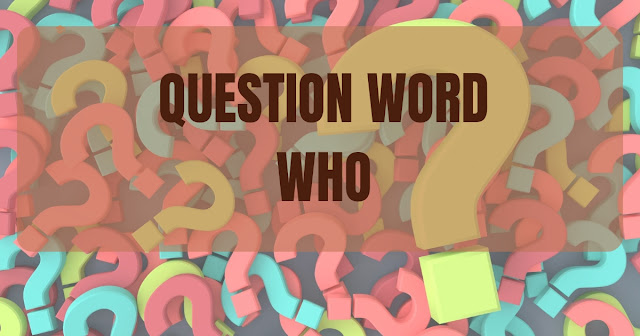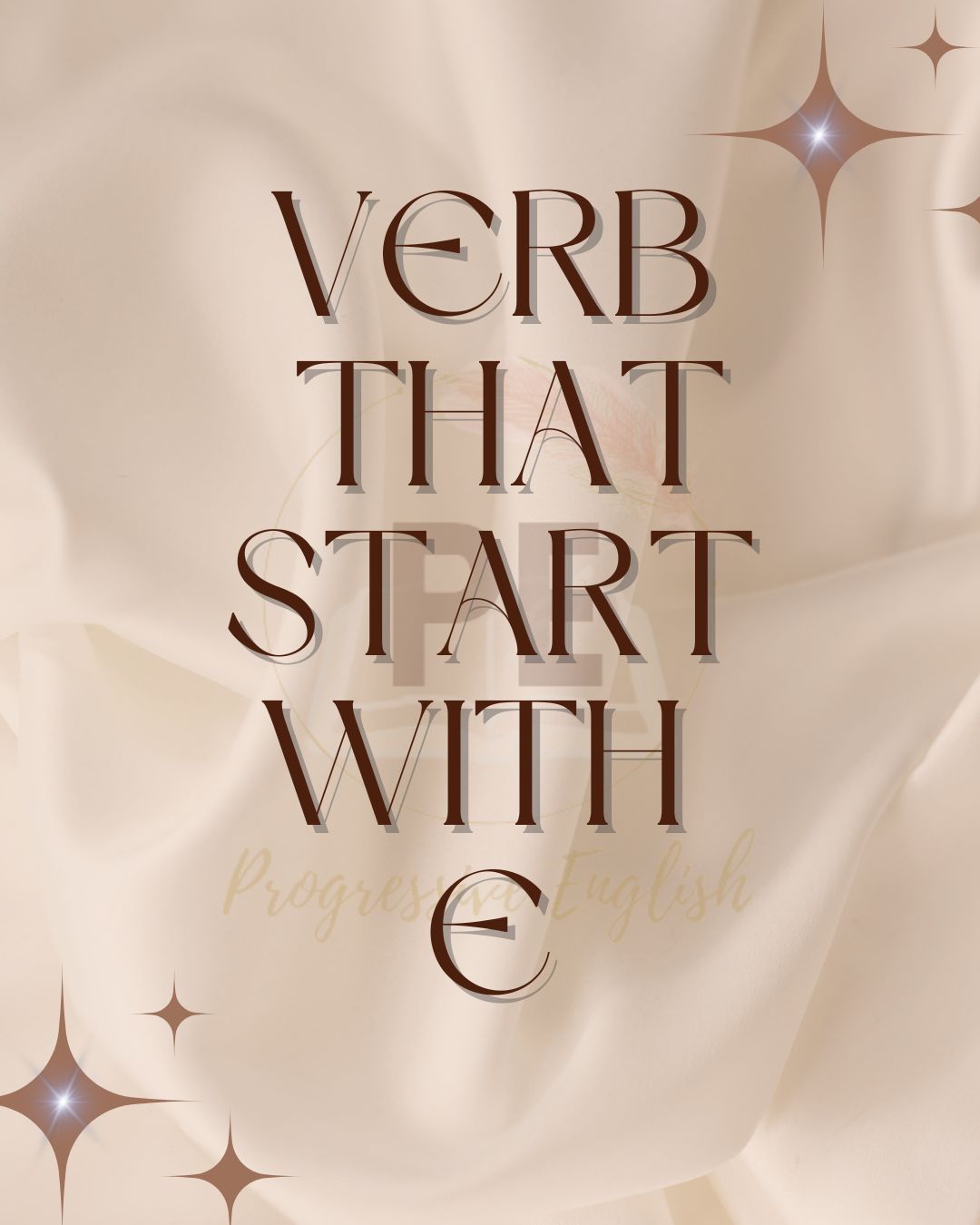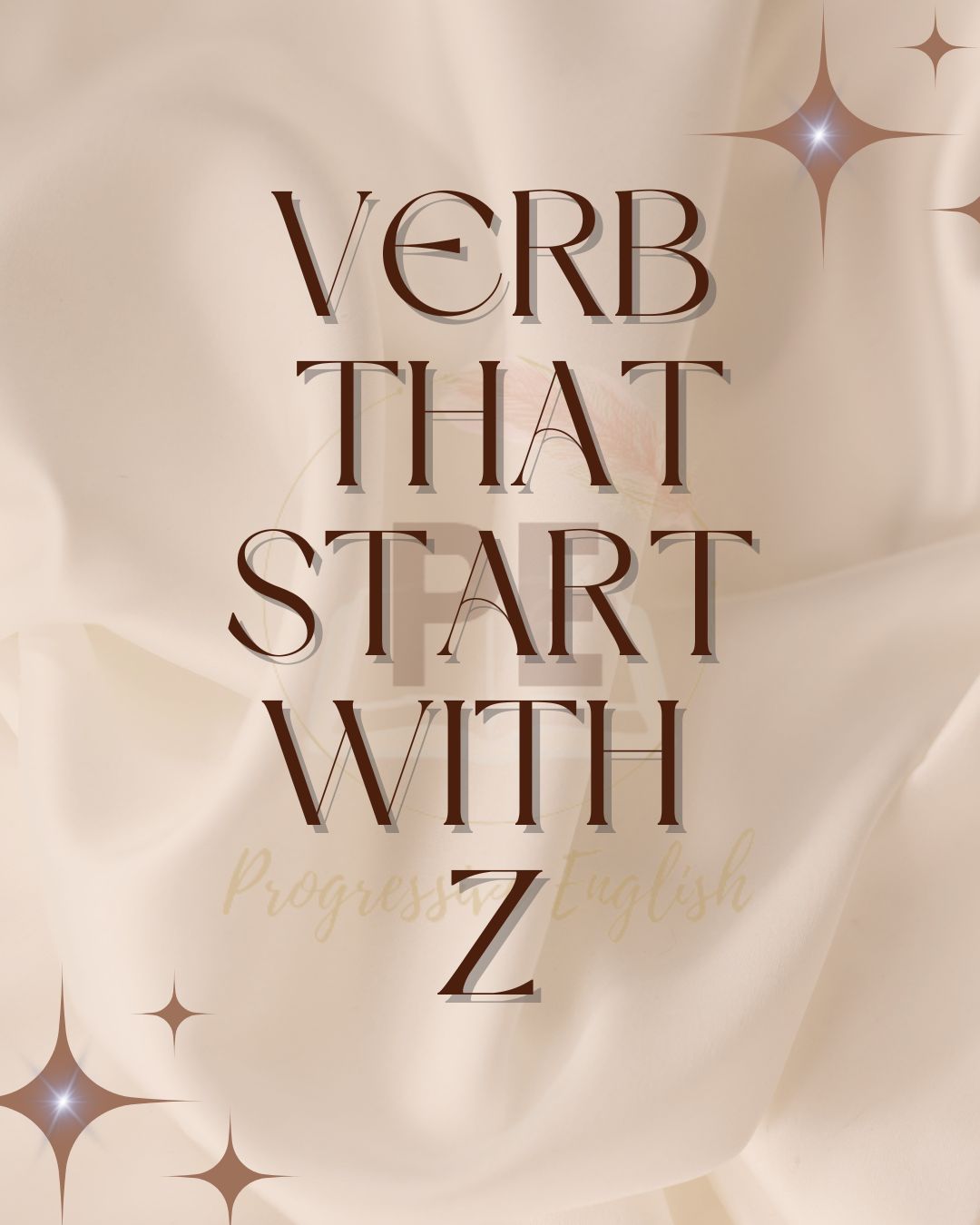Introduction
In English grammar, question words are essential tools used to construct questions that elicit information.
These words, also known as interrogative pronouns or Wh-words, are employed to ask for specific details about the things we do not know.
They are different from other pronouns because they can be used to start a question and always come at the beginning of a sentence.
Question words include what, who, whom, which, whose, where, when, why and how.
Definition of Question Words
Question words are interrogative pronouns that are used to form questions in the English language.
They are called Wh-words because they all start with letters ‘wh.’ These words help us inquire about specific information about something or someone.
For example: “What is your name?” “Where do you live?” “When is your birthday?”
The use of question words creates clarity in communication and helps us gather more details about subjects we may not be familiar with.
Importance of Question Words in English Grammar
The use of question words is crucial in constructing sentences that require more information than just statements alone.
They help us obtain valuable information from others and communicate effectively by seeking clarification when needed.
Without them, conversations would lack depth as it would be challenging to express curiosity or seek answers on any subject matter.
Moreover, using proper grammar while forming questions makes it easier for non-native speakers to understand better what is being asked of them by native speakers.
As such, it’s important for all individuals striving for fluency in the English language to understand and utilize these essential tools correctly. ; the use of question words provides a fundamental structure for both formal and informal conversations when seeking further information on a topic or individual’s identity.
Who as a Question Word
Question words are essential in English grammar because they allow us to ask questions and seek information. ‘Who’ is one of the most frequently used question words in English, and it is used to ask about people.
Definition and usage of who as a question word
‘Who’ is used to ask questions about people, and it can be used in different situations. For example:
-
To ask for the name of a person: Who is that boy over there?
-
To inquire about someone’s identity: Who are you?
-
To find out the person responsible for something: Who broke this vase?
The use of ‘who’ can also change depending on its position in a sentence, but it always refers to the subject or object of the sentence.
Examples of questions using who
Here are some examples of common questions using ‘who’:
-
Who is your favorite actor?
-
Who wrote this book?
-
Who will be joining us tonight?
-
Who do you think will win the election?
-
Who stole my pen?
Note that all these examples use ‘who’ to ask for information about people.
By using ‘who,’ we create open-ended questions that require more than just a one-word answer.
Understanding how to use ‘who’ as a question word is crucial when learning English grammar. With practice, anyone can master its usage and effectively communicate with others while seeking information.
Who vs Whom
One of the most common questions when it comes to question words is the difference between “who” and “whom”.
These two words are often used interchangeably in everyday conversation, but they actually have different purposes and usage in formal writing.
Difference between who and whom
The main difference between “who” and “whom” is their grammatical function. “Who” is used as the subject of a sentence or clause, while “whom” is used as the object of a verb or preposition.
In other words, if the word is performing an action, it should be “who”, but if it’s receiving an action, it should be “whom”.
For example:
-
Who ate my sandwich?
-
I wonder whom she invited to the party.
-
To whom are you speaking?
-
Who‘s going to help me with this project?
In each of these sentences, you can see that we’ve used “who” when we’re referring to someone doing something (the subject) and “whom” when we’re referring to someone receiving something (the object).
Examples of correct usage
If you’re still unsure whether to use “who” or “whom”, one useful tip is to try replacing them with he/him or she/her.
If he/him works better than she/her then “who” should be used; if she/her works better than he/him then “whom” should be used.
The following examples will help illustrate correct usage:
-
Who/whom did you invite to the party? (Replace with “he” or “him”: Did he invite or did you invite him? – “he” is correct, so “who” is correct.)
-
The woman who/whom I met last week was very nice. (Replace with “she” or “her”: I met she/her last week – “her” is correct, so “whom” is correct.)
-
To who/whom should we address this letter? (Replace with “he” or “him”: Should we address the letter to he/him? – “him” is correct, so “whom” is correct.)
By using these examples and tips, you can confidently use both words in their appropriate context.
Types of Questions Using Who
Who is a versatile question word that can be used in different types of questions.
Understanding these different types and their usage can help in effective communication in English.
Let’s explore three major types of questions using who: subject, object, and possessive.
Subject Questions
A subject question is one where the subject of the sentence is unknown or needs to be clarified.
In such questions, who is used to refer to a person as the subject of the sentence.
For example,
“Who ate all the cake?”
“Who will come with me to the party?”
“Who made this delicious soup?”
In each case, who refers to a person that is unknown or has not yet been introduced in conversation.
Object Questions
In an object question, who refers to a person as an object of a verb or preposition.
The verb or preposition determines whether it’s an indirect or direct object question.
For example
“Whom did you give your book?”
Here, whom (the objective form of who) is being used because it’s the object of ‘give’.
Another example could be “Who are you looking for?”
In this case, who is being used as an indirect object because it follows the preposition ‘for’.
Possessive Questions
Possessive questions are those where who refers to ownership or possession by someone.
They usually begin with whose and could be about people or things.
For instance:
“Whose phone is this?”
“Whose dog barked last night?”
“Whose car got stolen yesterday?”.
The use of whose makes it clear that we are referring to possession. Knowing how and when to use these types of questions using who can make your conversations more effective and help convey your message more clearly.
Common Expressions with Who
Who’s Who: Meaning and origin
“Who’s Who” is a phrase used to refer to a directory or book containing biographical information on notable individuals. It is commonly used in the academic and professional world as a way of identifying important people within a particular field or industry. The phrase “Who’s Who” actually originates from the title of a book first published in 1849 by A & C Black, which contained short biographies of notable people from various professions and walks of life.
The publication became an instant hit and has since been updated every year, making it one of the most comprehensive reference works available today. The phrase “who’s who” has now become synonymous with any type of directory or listing that aims to provide readers with information about important people.
The Man/Woman/Person who…: Meaning and usage
“The Man/Woman/Person who…” is an idiomatic expression that is used to refer to someone who exhibits certain qualities or behaviors.
For example, “the man who stole my wallet” refers to the specific person responsible for the theft. However, this expression can also be used more broadly, such as “the woman who changed my life”, which does not refer to a specific individual but rather someone who exemplifies certain positive traits.
This expression can also be used sarcastically or humorously, such as “the person who invented homework must have been a sadist”.
In this case, it is clear that no specific person is being referred to; rather, it is a way of commenting on an activity or situation.
Overall, these common expressions using ‘who’ are useful for adding color and variety to your writing.
They can give your text more personality while still conveying essential information in an interesting way.
Idioms with Who
Who knows?
The idiom “who knows?” is often used to express uncertainty or doubt about a particular situation or outcome.
It is a rhetorical question, meaning it does not require an actual answer but instead serves to emphasize the speaker’s lack of knowledge or inability to predict the future.
For example, if someone asks you if you think it will rain tomorrow and you are not sure, you might respond with “who knows?” to convey your uncertainty.
This idiom can be used in both formal and informal contexts and is widely recognized among native English speakers.
You know who…
The phrase “you know who…” is often used when referring to a person whose name or identity is well-known but may be taboo or sensitive for some reason.
For example, if someone were discussing a controversial public figure but did not want to say their name out loud, they might use this phrase instead:
“You know who I’m talking about”. In this case, the speaker assumes that the listener already knows who they are referring to without explicitly stating their name.
This idiom can also be used in a playful or teasing way when talking about someone familiar but not necessarily famous:
“You know who I saw at the store today?
Your secret crush!”. Overall, idioms like these add color and depth to everyday conversations in English and demonstrate how language can be adapted creatively by native speakers over time.
Conclusion
Recap of Key Points on the Use of ‘Who’ in English Grammar
The question word ‘who’ is a vital part of English grammar. Its usage is important for effective communication, both written and spoken.
Remember, ‘who’ is used to refer to people or groups of people in questions.
It can be used as a subject, object or possessive pronoun.
It can be confusing to determine when to use ‘who’ versus ‘whom’; however, remember that if the pronoun is replacing the subject of the sentence, use ‘who,’ and if it’s replacing an object, use ‘whom.’
Additionally, consider its usage in common expressions and idioms like “Who’s Who” and “You know who…”
By understanding how to properly use this question word within different types of questions and common expressions/idioms, you will improve your ability to communicate effectively in English.
With practice and patience you’ll soon master how to use ‘who’ correctly in any situation.
Remember that grammar rules are there to help us communicate better with others; they’re not meant to intimidate or discourage us from expressing ourselves.
Embrace learning as a lifelong process – each new rule we learn helps us become more confident and articulate communicators.



